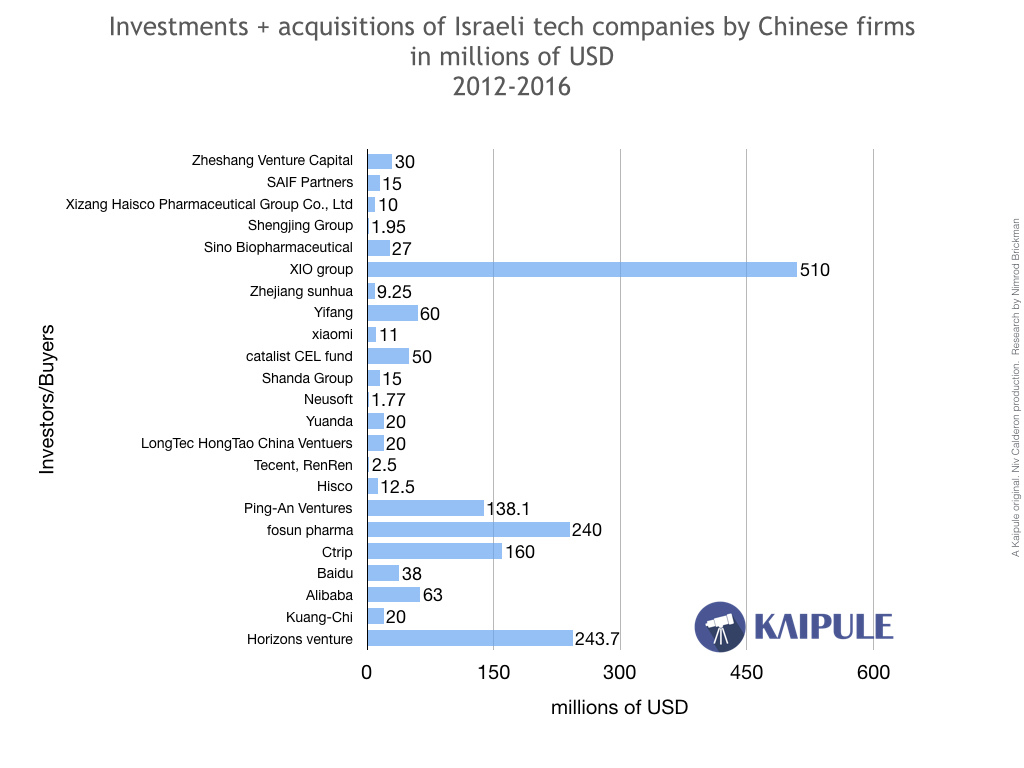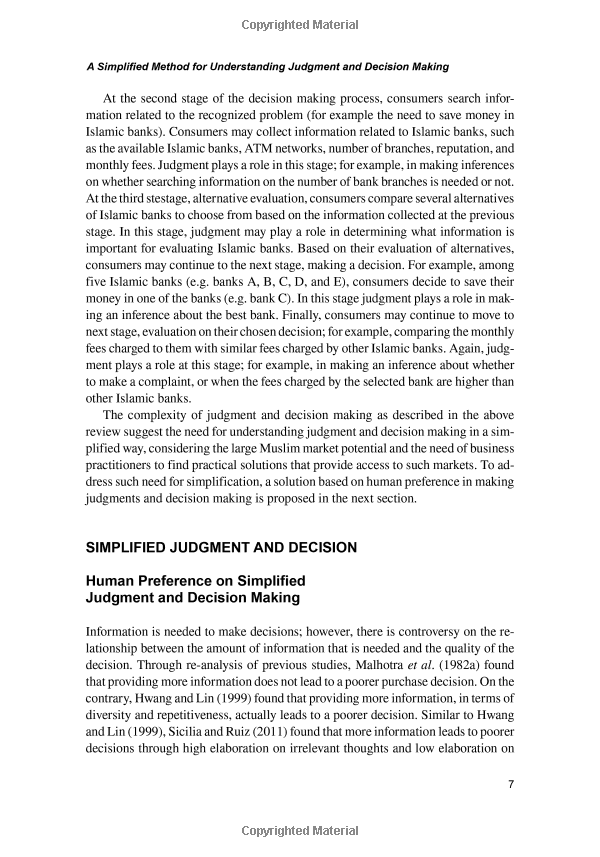Understanding Sharia Loan: A Comprehensive Guide to Islamic Financing
Guide or Summary:Sharia Loan refers to a financial product that complies with Islamic law, or Sharia. Unlike conventional loans that typically involve inter……
Guide or Summary:
#### What is a Sharia Loan?
Sharia Loan refers to a financial product that complies with Islamic law, or Sharia. Unlike conventional loans that typically involve interest (riba), Sharia loans operate on principles that promote risk-sharing and ethical investing. The fundamental idea is that money should be used to generate real economic activity rather than merely earning interest. This makes Sharia loans an appealing option for many Muslims who seek to adhere to their religious beliefs while accessing financial services.
#### Principles of Sharia Loans
The primary principles governing Sharia Loan include the prohibition of riba (interest), gharar (excessive uncertainty), and haram (forbidden) activities. Instead of charging interest, lenders may earn profit by investing in tangible assets or sharing in the risks and rewards of a business venture. The contracts used in Sharia finance often involve profit-sharing arrangements, leasing, or partnerships, which align with Islamic principles.
#### Types of Sharia Loans
There are several types of Sharia Loan structures, each catering to different financial needs:
1. **Murabaha**: This is a cost-plus financing arrangement where the lender buys an asset and sells it to the borrower at a marked-up price. The borrower repays the amount in installments.

2. **Mudarabah**: A partnership where one party provides capital while the other manages the investment. Profits are shared according to a pre-agreed ratio, but losses are borne solely by the capital provider.
3. **Musharakah**: A joint venture where all partners contribute capital and share profits and losses according to their investment ratio.
4. **Ijara**: Similar to leasing, where the lender buys and leases an asset to the borrower. The borrower pays rent for the use of the asset, and ownership may be transferred at the end of the lease period.
5. **Sukuk**: Often referred to as Islamic bonds, sukuk represent ownership in a tangible asset, project, or investment. Investors receive returns based on the performance of the underlying asset instead of interest payments.
#### Benefits of Sharia Loans
Opting for a Sharia Loan can offer several benefits:

- **Ethical Financing**: Sharia loans promote investments in socially responsible and ethical projects, aligning with the values of many individuals.
- **Risk Sharing**: The risk-sharing model encourages responsible lending and borrowing, reducing the likelihood of financial crises.
- **Accessibility**: Sharia loans can provide access to financing for those who may be excluded from traditional banking systems due to religious beliefs.
- **Asset-Based Financing**: Since Sharia loans are often tied to tangible assets, they can promote more stable financial practices.
#### Challenges and Considerations
While Sharia Loan products offer various advantages, they also come with challenges. The complexity of Sharia-compliant contracts can make them difficult to understand for some borrowers. Additionally, finding lenders who offer Sharia finance can be a challenge in regions where Islamic banking is not well-established.

Moreover, the regulatory environment surrounding Sharia loans can vary significantly by country, impacting the availability and terms of these financial products. Thus, it's essential for potential borrowers to conduct thorough research and seek guidance from knowledgeable professionals when considering Sharia financing options.
#### Conclusion
In summary, Sharia Loan products provide an alternative to conventional financing methods, emphasizing ethical practices and risk-sharing. As interest in Islamic finance continues to grow globally, understanding the principles and structures of Sharia loans will be crucial for those seeking to align their financial practices with their values. Whether you are an individual seeking personal financing or a business looking for investment opportunities, exploring Sharia-compliant options could pave the way for a more ethical financial future.